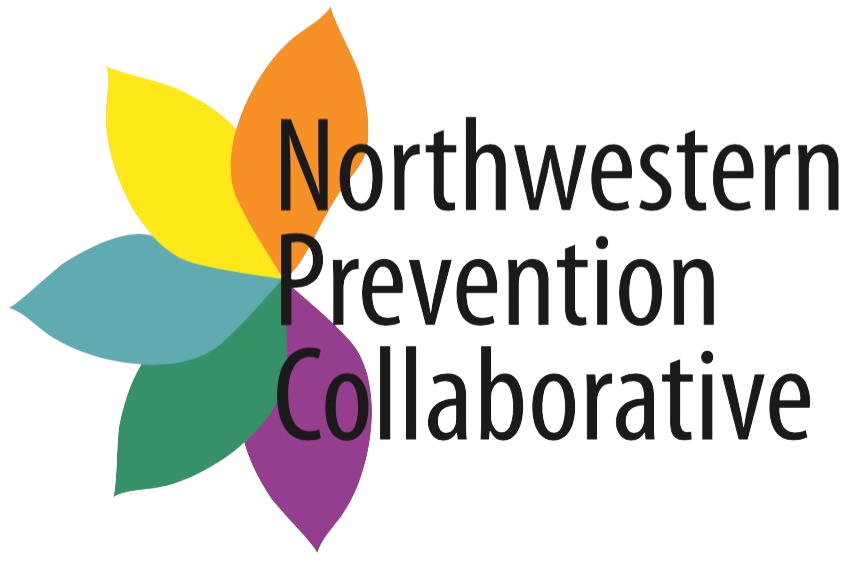What does it mean to be “addicted to alcohol?” Alcohol is a legal substance and is often treated differently than other drugs due to its availability and commonality. Although alcohol is legal, it is the most misused substance in the world. The misuse of alcohol can lead to an addiction to the substance.
What Does it Mean to be “Addicted to Alcohol?”
Let’s examine what constitutes “heavy drinking.” The current recommendation for “drinking in moderation” is consuming two drinks or less in a day for men and one drink or less in a day for women. If you drink more than the daily or weekly limit, you’re engaging in heavy drinking. Aside from the numbers, there are signs and symptoms of alcohol addiction. While symptoms can vary from person to person, here are a few symptoms:
- Drinking at inappropriate times (ex. morning) or locations (ex. work or church)
- Changes in social groups
- Avoiding contact with friends and family
- Hiding alcohol or hiding drinking
- Relying on alcohol for daily functions
- Increased lethargy, depression, or other emotional issues
- Legal or professional problems such as an arrest or loss of a job
All of these are symptoms, but the true nature of alcohol addiction revolves around the persistent use of alcohol, even in the face of negative consequences. Once an individual’s thoughts and survival revolve around a substance, it is clear they have become addicted.
Who Can Be Addicted to Alcohol?
Addiction is often seen as something that only targets a specific demographic, socioeconomic class, age, gender, but addiction is indiscriminate. Just like heart disease or diabetes doesn’t choose a particular group, addiction can affect anyone. There is no “typical” case of alcohol addiction. Lifestyles do not reflect alcohol addiction. For those who are addicted to alcohol, cognitive dissonance can play a factor. They may believe since they are “high-functioning,” they do not have a problem, but alcohol addiction can cause serious harm, both physically and mentally.. It can lead to liver disease, pancreatitis, some forms of cancer, brain damage, serious memory loss, and high blood pressure. There are several factors that can increase a person’s inclination towards alcohol addiction. Our genetics, frequency of consumption and age we began consuming can play a role in the development of addiction. So, what’s next?

The Next Step
Armed with the knowledge of what alcohol addiction looks like, now what is the next step towards treatment? The best treatment of alcohol addiction is prevention at an early age. Those who engage in underage drinking can be four times as likely to develop an addiction to alcohol later in life. Early treatment of alcohol addiction is most effective. The longer the addiction goes, the more difficult treatment can be. Utilizing resources such as a doctor, therapist or psychiatrist is a major step towards positive change. Getting strong social support and possibly medications can also make a large difference. Loved ones or friends of those afflicted by alcohol addiction can benefit from strong social groups or professional support groups. As a loved one of someone with an alcohol addiction, try to be encouraging and provide emotional support. The most important and hardest step of the journey is the first step, but making that decision is pivotal to transitioning to a healthy lifestyle.
Sources:
Nazario, B. (2020, August 24). Alcohol use disorder. WebMD. https://www.webmd.com/mental-health/addiction/what-is-alcohol-abuse#1.
The Recovery Village Drug and Alcohol Rehab. (2021, June 3). Alcohol addiction & abuse: Signs, effects, and more: The recovery village. The Recovery Village Drug and Alcohol Rehab. https://www.therecoveryvillage.com/alcohol-abuse/.
Tyler, M. (2017, December 19). Alcohol addiction: Signs, complications, and recovery. Healthline. https://www.healthline.com/health/addiction/alcohol.
What is alcoholism? – learn about an alcohol addiction. Alcohol Rehab Guide. (2021, June 22). https://www.alcoholrehabguide.org/alcohol/.




Comments are closed.